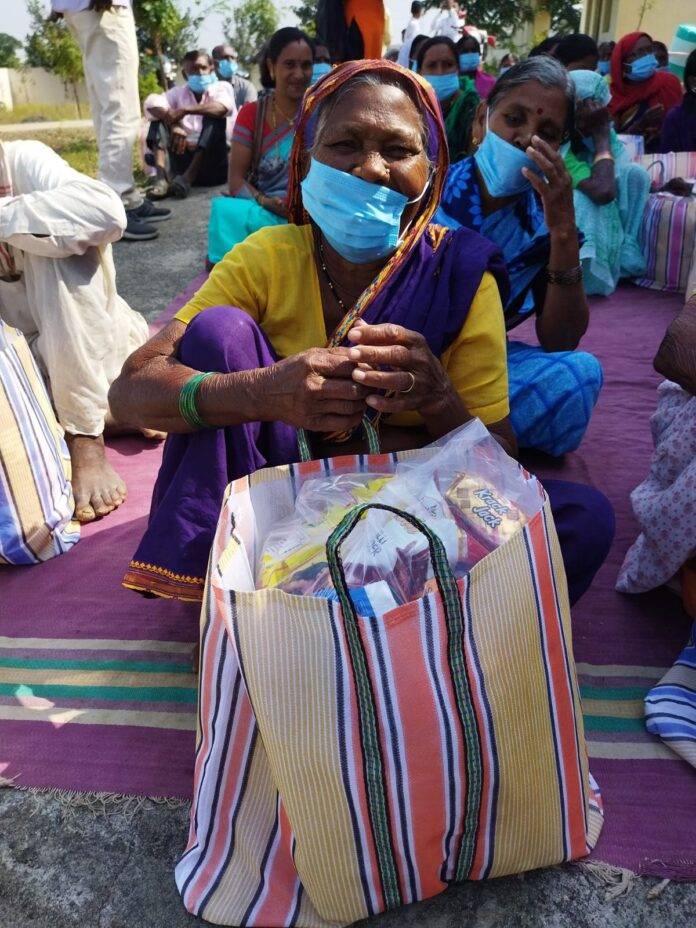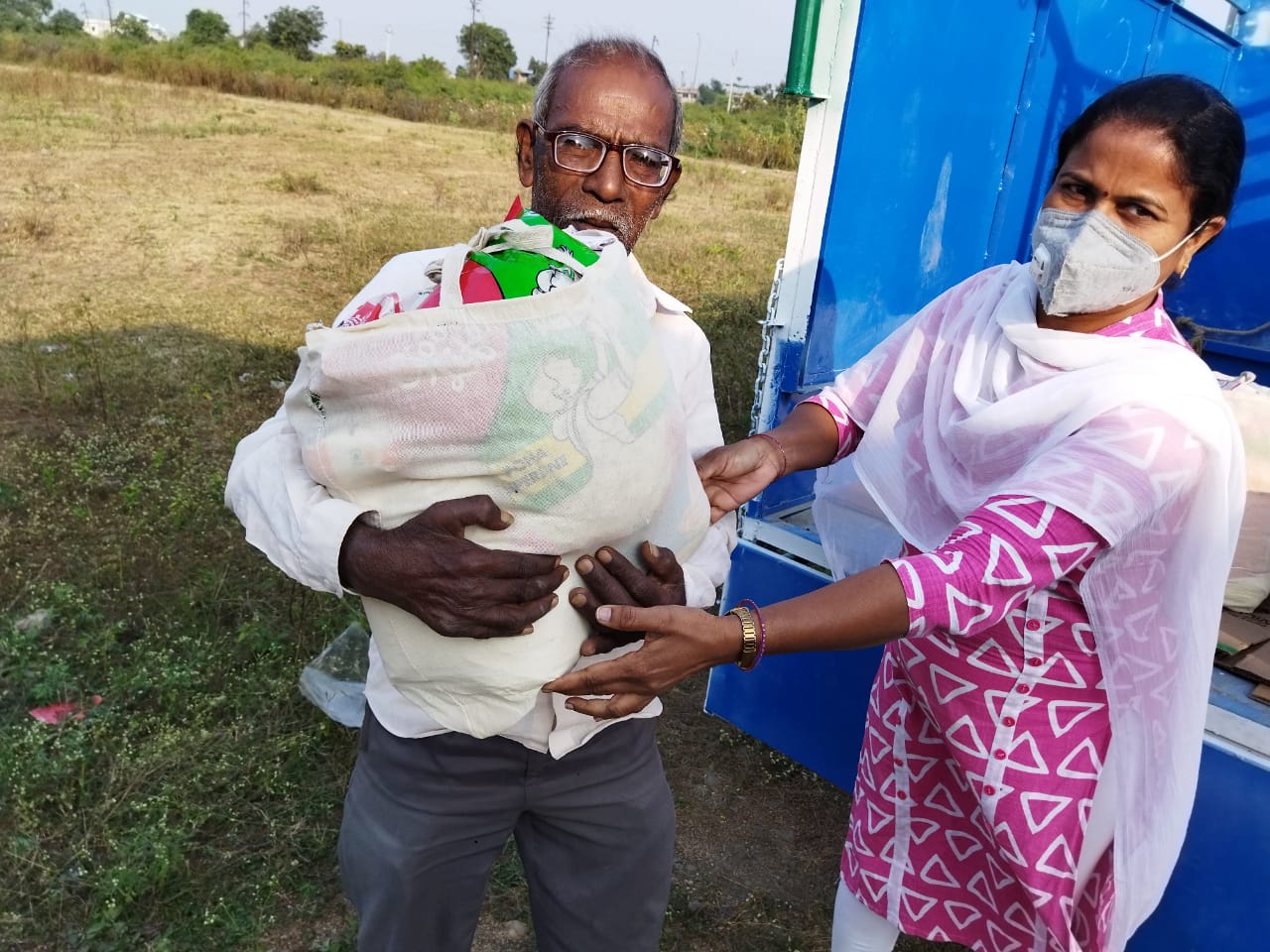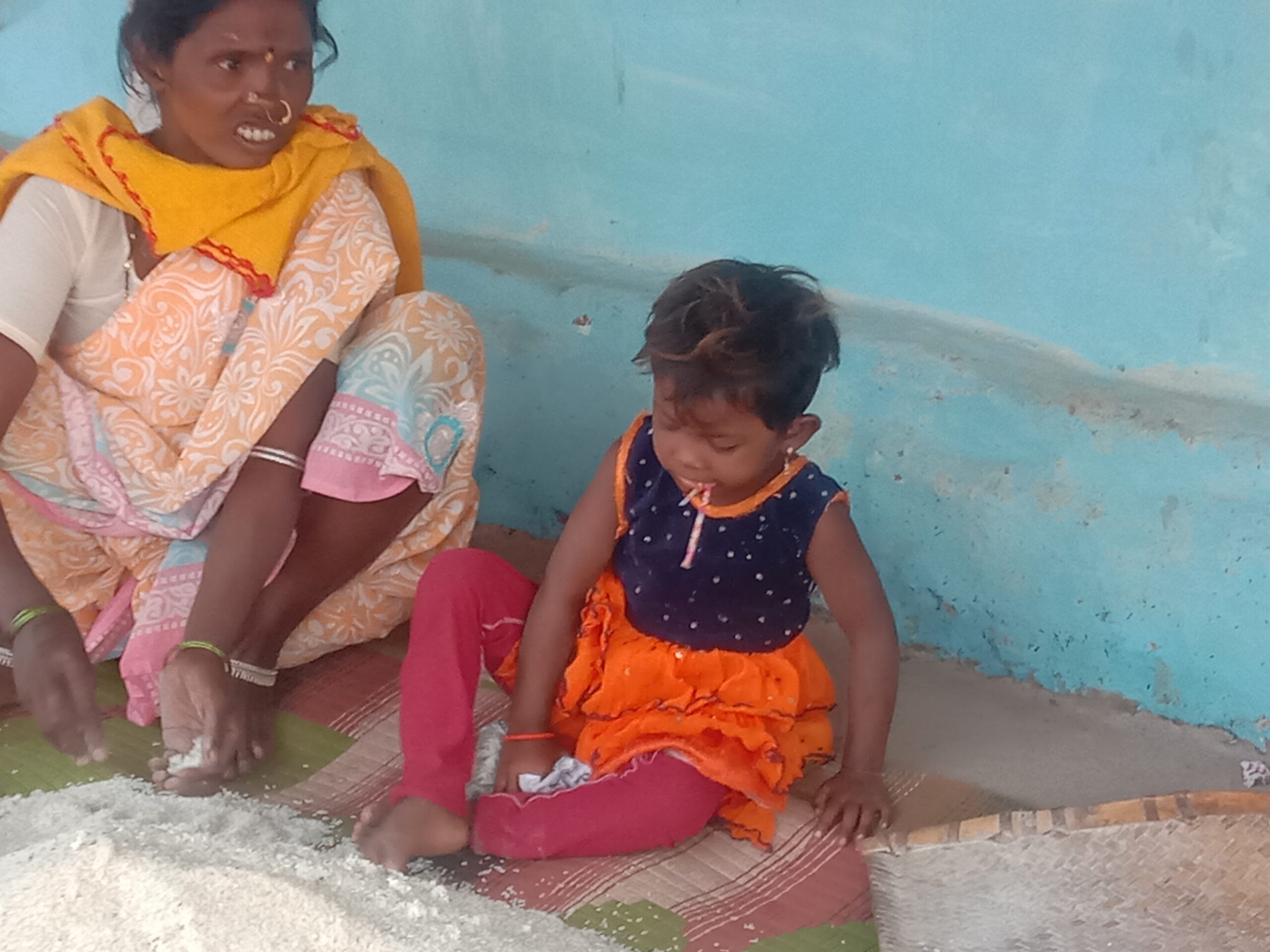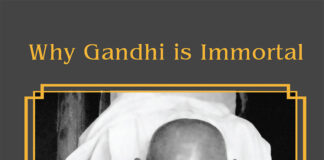
On 20th June 2001, the United Nations observed the first World Refugee Day to highlight the resilience, courage and pain of refugees around the world. Since then the day is dedicated to support the rights of refugees who are fleeing in search of sanctuary from wars, disasters and conflicts.
The United Nations has prescribed the duties of nation states towards refugees such as providing safe asylum and ensuring that refugees do not face discrimination of any kind in the host country. However it is not the duty of governments alone to ensure a supportive environment for refugees, rather all of us have to do our bit.
In the new world order which is marked by social inequalities and livelihood insecurities, internal migration is a ‘refugee’ situation. People leave homes seeking refuge from natural disasters, loss of traditional livelihoods and violence. This situation came to the fore in the most palpable manner during the Covid pandemic, when we saw thousands of migrants stranded across the country and desperately trying to reach places of succour and safety.
Often the word ‘refugee’ evokes images of Syrians, Rohingyas, Ukrainians and so many others fleeing to save themselves from the danger at home. But if we look closely there are refugees from within our own countries – people fleeing from poverty, disasters, violence – and trying to make a better life for themselves and their families.
Refugees need our support and compassion. They should not be looked upon with hatred and suspicion, as outsiders and criminals. We must remember that God made the Earth and human beings made borders. These borders divide human beings on imagined lines of states, nations and communities.
On this International Day of Refugees we should think deeply about two commitments : (1) we should commit ourselves to work for the creation of an equitable and peaceful society where people would not be forced to become refugees.
(2) we should commit ourselves to help and support refugees in whatever capacity we can.
The work of National Council of Churches in India
The National Council of Churches in India- Urban Rural Mission since the COVID 19 pandemic erupted,(2019-2020) took up the issues of migration and even people resulting as refugees. The stories of human’s being walking all the way to their own homelands and rejected many a times as the villagers back home were scared of they being infected. The reverse migration was a traumatic experience. The Urban Rural Mission amidst this human tragedy provided food grains kits in various districts of Vidharbha and Tamil Nadu and Medical equipment’s to The Arkonam Government Hospital in Tamilnadu. The NCCI URM is also trying to be in solidarity with the victims of migration who finally resort to Refuge.
– Rajesh Jadhav
The author is the National Co-ordinator, National Council of Churches in India, Urban-Rural Mission.
He can be reached at labourrajesh@rediffmail.com








